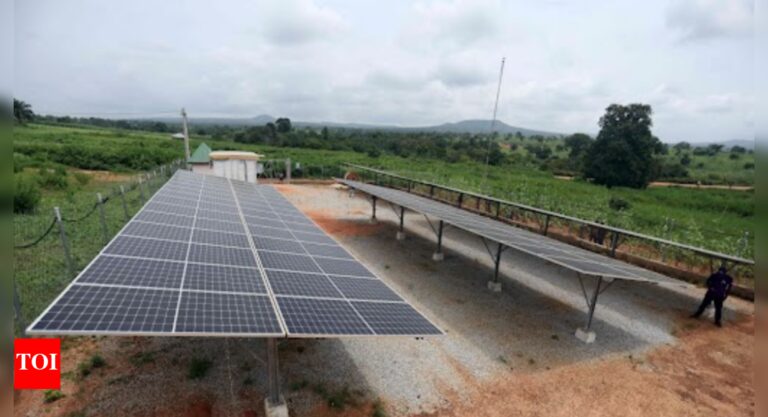
NEW DELHI: India’s non-metro cities such as Udaipur, Vizag, Coimbatore, and Nagpur have outpaced traditional tech hubs in hiring for core software and IT roles during the first half of 2025, according to staffing firms.Data from Teamlease indicates that secondary and tertiary cities experienced over 50% growth in these recruitments during January-June. Primary cities, including Bengaluru and the National Capital Region, registered 12-15% growth. “In 2025, India’s IT services sector is witnessing a significant hiring shift toward tier-II and tier-III cities,” Teamlease Digital chief executive Neeti Sharma told ET.The recruitment momentum in regional cities has intensified notably since last year, surpassing the post-pandemic growth. Coimbatore, Nagpur and Nasik show 20-25% annual growth, while Indore and Jaipur demonstrate 30-40% expansion in IT recruitment. Supporting functions recruitment increased by 24-31% in secondary and tertiary cities, compared to 8-15% in primary cities.CIEL HR reports that Mysuru leads secondary cities in emerging technologies, including generative AI, representing 32% of recruitment in that domain. Jaipur maintains prominence in voice and non-voice positions, whilst Coimbatore shows balanced requirements across technical positions.“Cities like Bhubaneswar, Indore, Udaipur, Vizag, Lucknow, Ahmedabad, Vadodara and Warangal are witnessing impressive growth, driven by government initiatives, IT infrastructure investments, and the expanding footprint of global tech firms. Bhubaneswar, a Smart City, is gaining ground in KPO hiring (21%) due to the growth of finance-tech platforms,” Aditya Narayan Mishra, managing director and CEO at CIEL HR told the outlet.The accelerated development reflects systematic changes influenced by enhanced digital infrastructure, supportive government policies, and widespread adoption of flexible working arrangements.Technology organisations are recruiting local talent from engineering institutions in regional cities, partly due to competitive pressure from startups in primary cities.Current recruitment focuses on positions including full-stack developers, AI and machine learning engineers, cybersecurity analysts, and cloud specialists.Product engineering organisations and global capability centres drive recruitment, with technical support roles moving to cost-effective locations. Organisations also benefit from approximately 30% operational cost savings compared to primary cities. However, Sharma says the hiring momentum in smaller cities is no longer just about lower costs. “It reflects a fundamental rebalancing of India’s talent landscape. With hybrid work models and digital transformation deepening across industries, tier-2 and tier-3 cities are poised for sustained double-digit hiring growth, particularly in high-demand areas like AI, cloud, and cybersecurity.”







